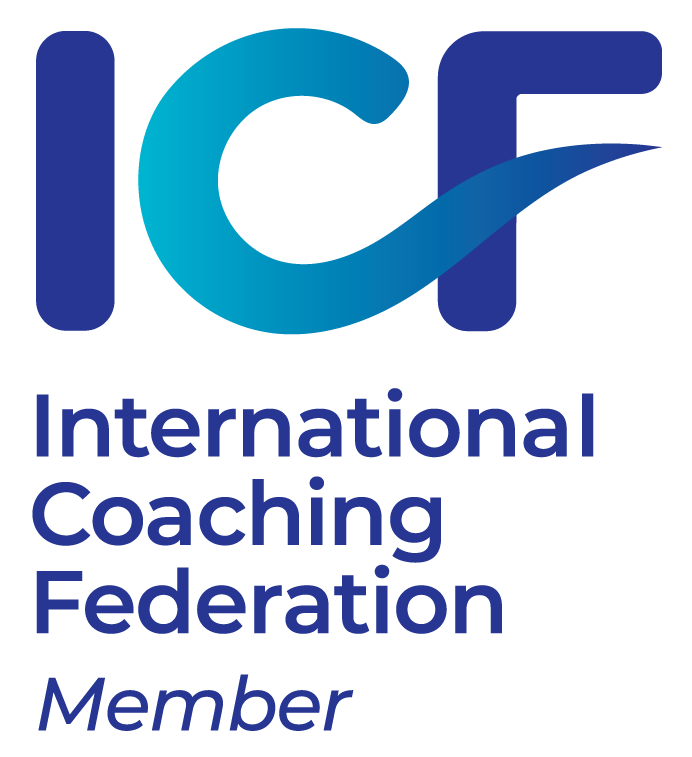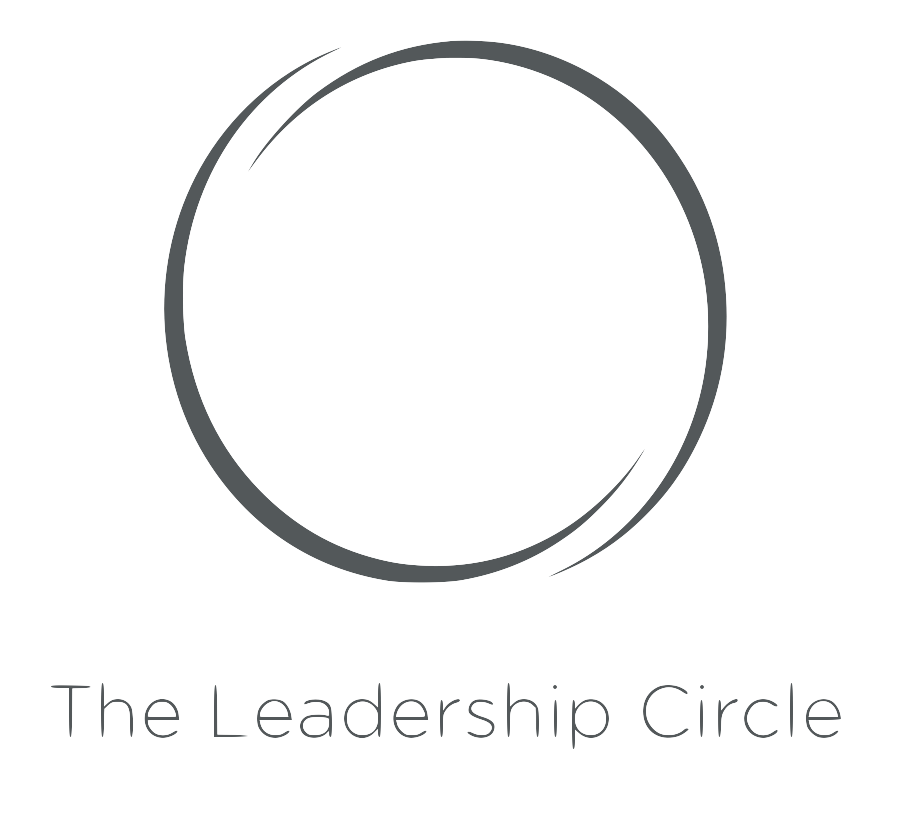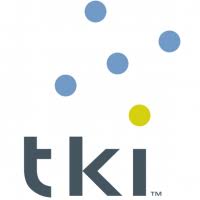2 TKI® for Groups
Take the TKI for your group twice, each with modified instructions, to see whether you resolve conflict differently INSIDE vs OUTSIDE your group.
There are several benefits for taking TWO separate Thomas-Kilmann Instruments, each with modified instructions:
how you manage differences INSIDE your group, and
how you manage differences OUTSIDE your group (across all other settings in your life).
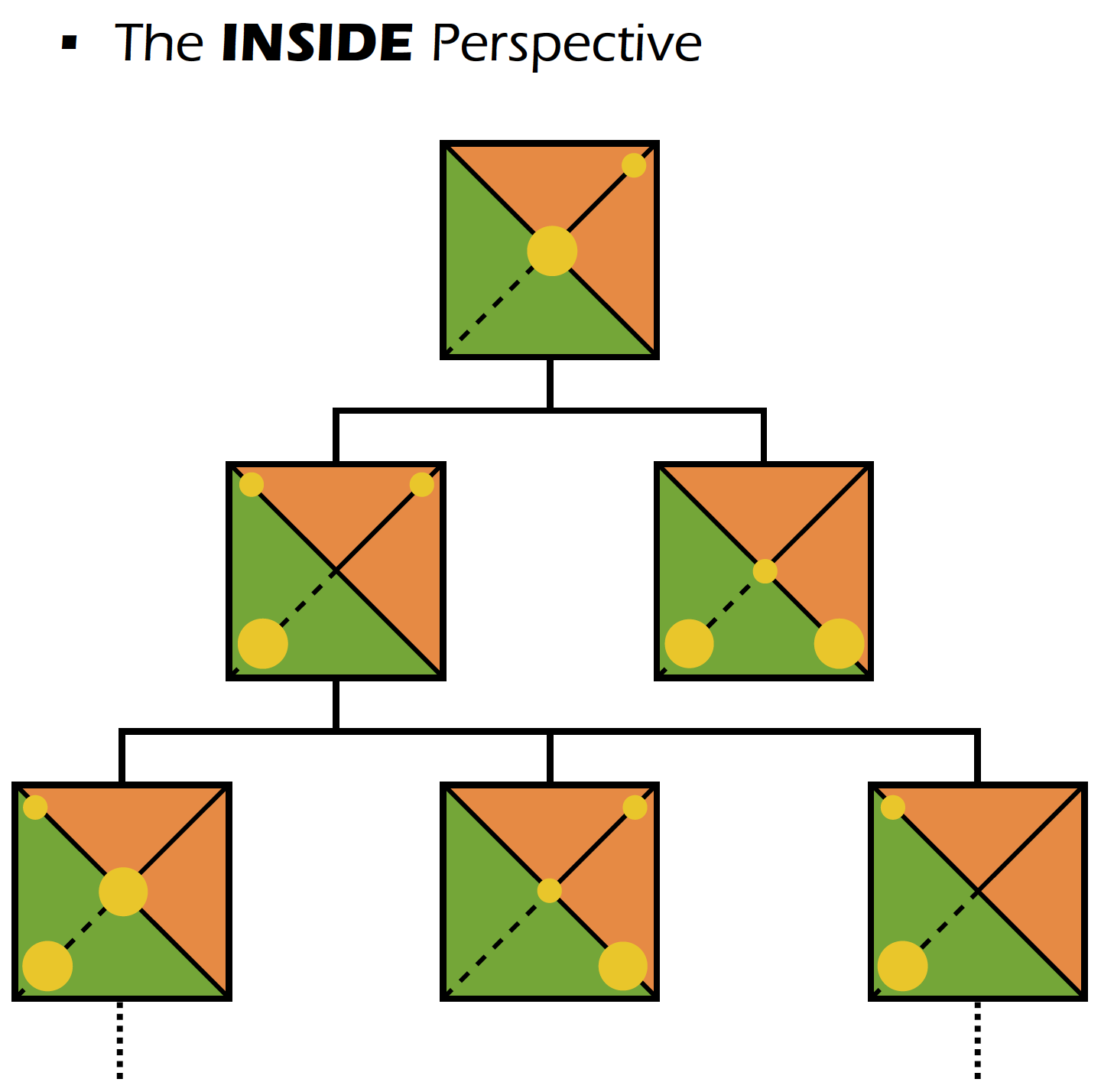
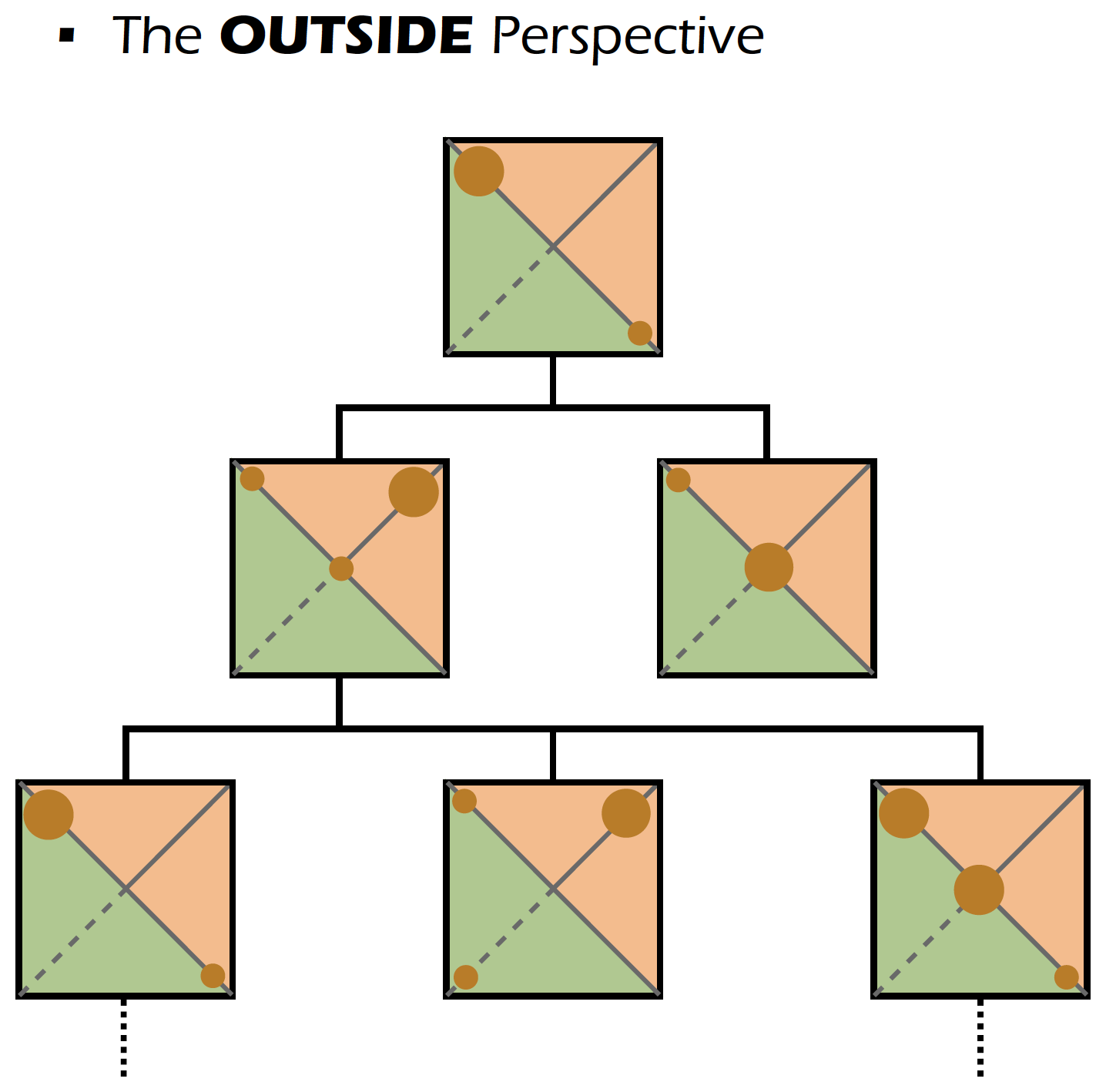 By taking these two modified TKI assessments, you will learn how the leader, the other group members, the culture, the reward system, and the key attributes of that specific situation might be unduly influencing how conflict is being managed in your group—which has not led to satisfactory outcomes for you, the group as a whole, and other key stakeholders.
By taking these two modified TKI assessments, you will learn how the leader, the other group members, the culture, the reward system, and the key attributes of that specific situation might be unduly influencing how conflict is being managed in your group—which has not led to satisfactory outcomes for you, the group as a whole, and other key stakeholders.
But once you and your group members receive a pair of personalized TKI Reports from those two modified TKI assessments, you’ll be able to discuss which conflict modes are most needed for success INSIDE your group, while you also learn which conflict modes you’re already using effectively OUTSIDE your group.
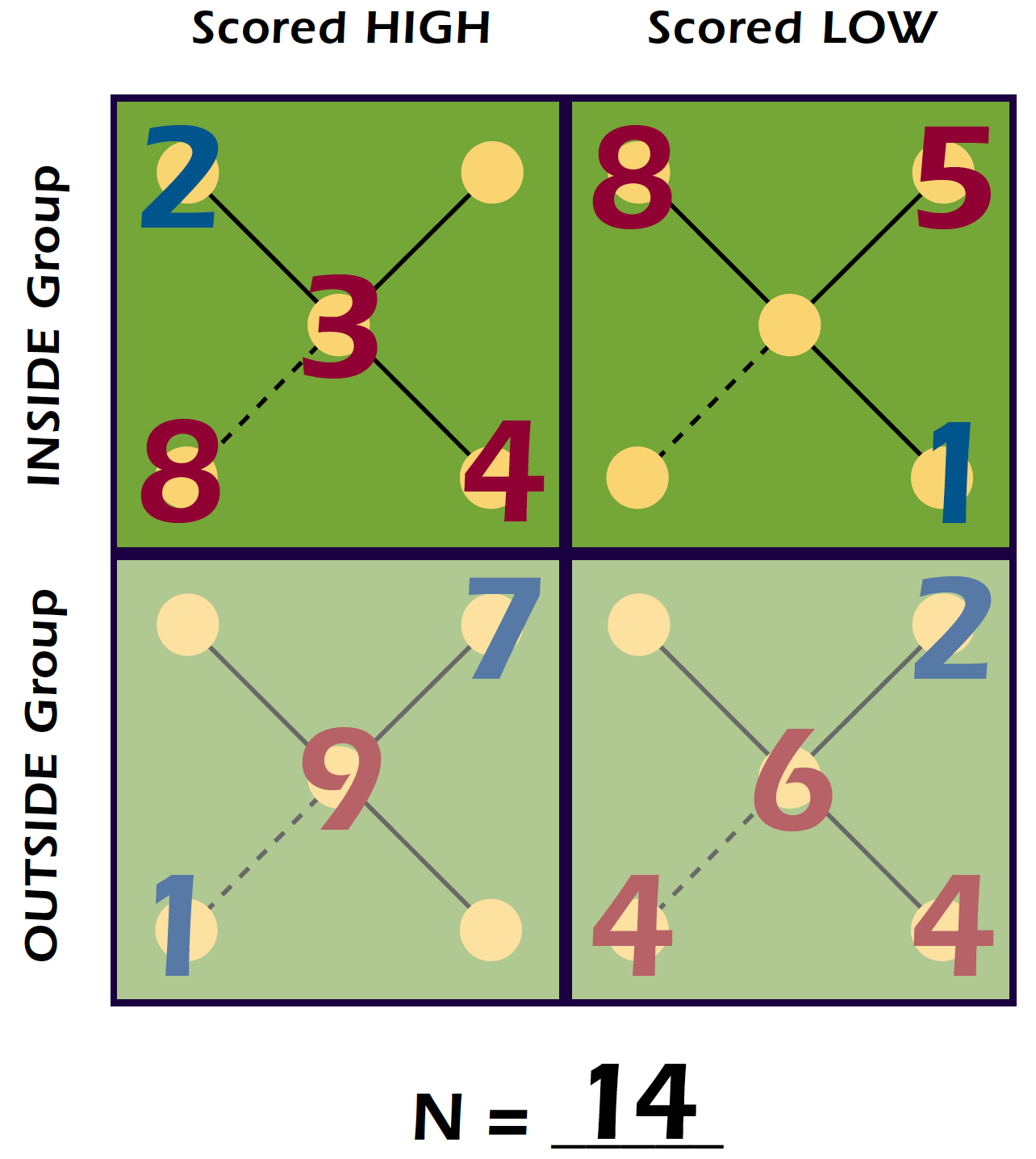
As a result of such discussions, it will then be much easier for members to significantly improve their group’s conflict-handling behavior, which includes redesigning and aligning their surrounding systems so they’ll be able to use all five modes INSIDE their group—as the situation requires.
Taking the TKI assessment in different languages: If you wish to take an online TKI in any other language than English, you have two options: (1) taking your TKI in the chosen language, yet your TKI Report is provided in English or (2) taking your TKI in the chosen language and then downloading your TKI Report in that same translation.
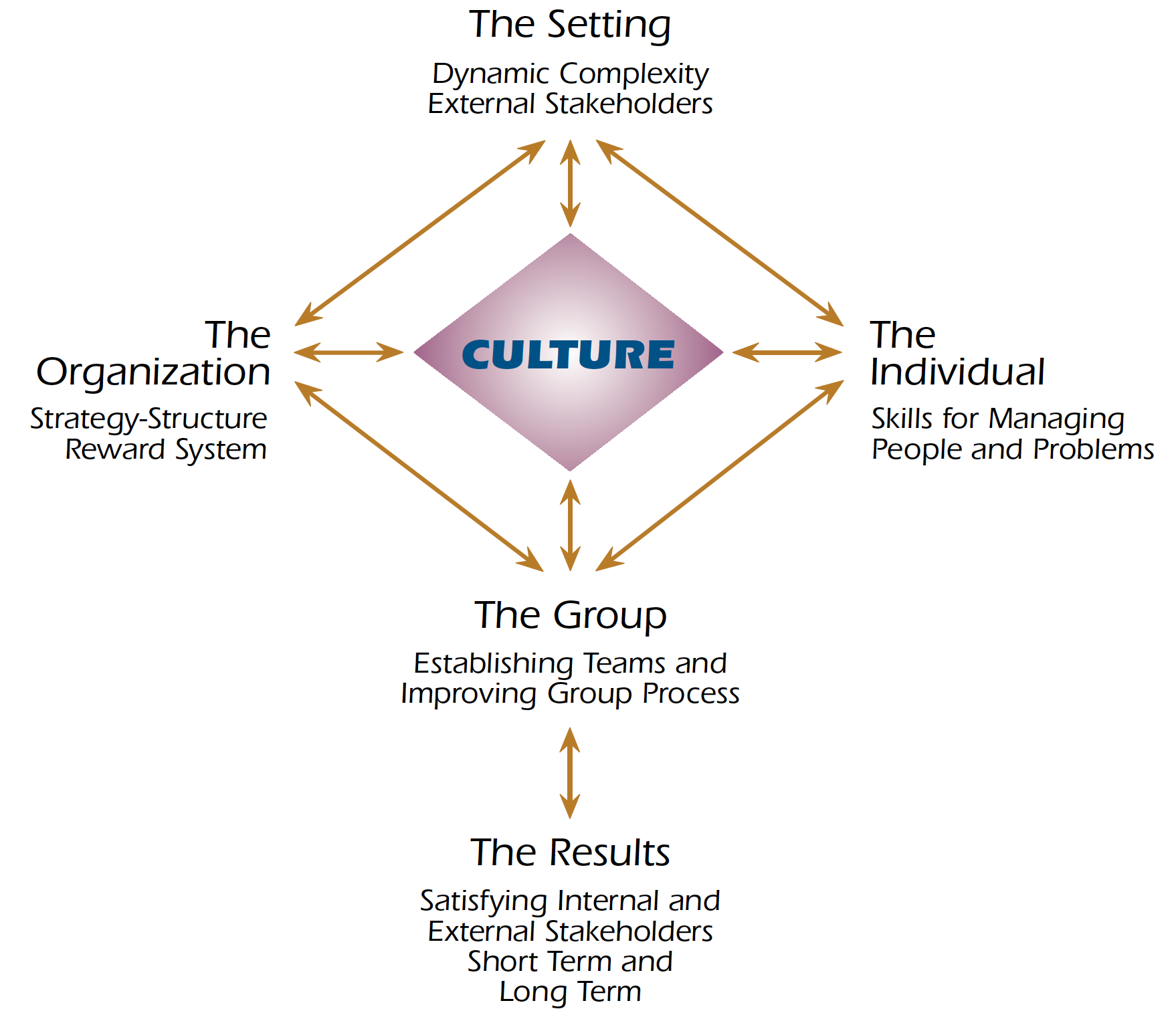
Benefits of Taking a Pair of TKI Assessments
The TKI is the most reccognised tool in conflict management.
Learn all about your conflict behaviour:The Thomas-Kilmann Instrument is a self-report assessment that allows you to discover whether you might be overusing (a high score) or underusing (a low score) one or more of these five conflict-handling modes: competing, collaborating, compromising, avoiding, and accommodating.
Compare your results to thousands of othersTo determine which of your TKI mode scores are high or low, your results are compared to research sample of respondents. These rather surprising results demonstrate that the TKI is measuring an aspect of conflict-handling behavior that is fairly consistent across different countries and cultures.
The TKI is amazingly accurateOne reason that TKI results have such cross-cultural consistency is because the assessment was purposely designed to minimize the “social desirability response bias” (which is the natural tendency for people in all societies to respond to test items in order to look good to themselves or to others). Consequently, TKI results provide an accurate picture - across the globe - of how people actually behave in conflict situations.
Modifying the TKI instructions often leads to even greater accuracy in results
For the first TKI assessment, respondents are instructed to consider only how conflict is managed in their particular group—in contrast to the standard instructions that asks them to consider all situations in one bundle. With modified instructions, therefore, the results for the group will not be diluted by how conflict is being managed in other situations.Learning how organisational systems affect conflict-handling behaviour is an eye-opener for any group
For the second TKI assessment, respondents are instructed to consider how conflict is being managed outside their group. With these modified instructions, it’s now possible to examine the differences between conflict management inside versus outside the group, which is primarily shaped by the behavior and systems that can dominate group members: the leaders, the culture, and the reward system, to name a few.
